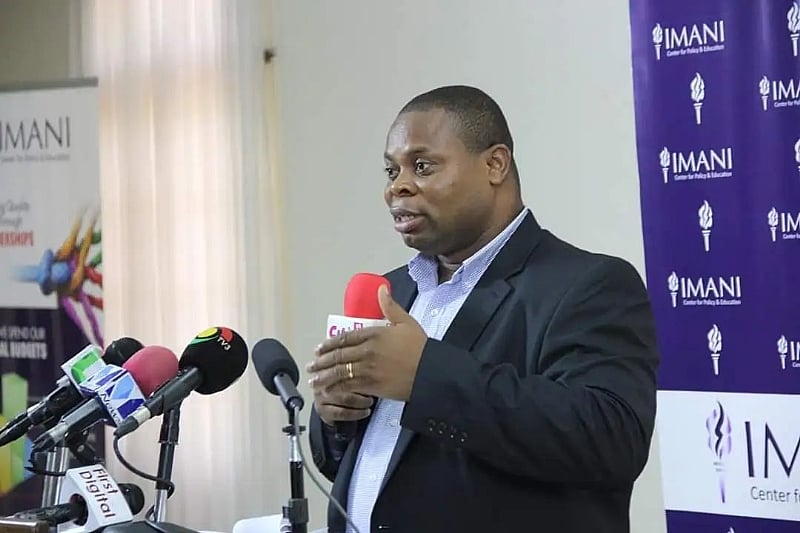The government’s plan to engage over 100,000 post National Service Scheme (NSS) personnel in agriculture, cocoa production, livestock, and agribusiness is a bold youth employment effort. Announced by Youth Development and Empowerment Minister George Opare Addo, the initiative includes microgrants, input support, access to land banks, and technical mentorship. The programme includes plans to pair young farmers with experienced cocoa producers, with the aim of revitalizing Ghana’sageingg cocoa workforce while increasing food and cash crop output. This effort responds to long-standing calls for a more ambitious national approach to youth employment and agricultural transformation. It reflects a growing consensus that the sector must become more than a rural safety net; it must function as a strategic platform for job creation, industrial inputs, and export competitiveness.
While the programme is a step in the right direction, broader structural issues continue to define the limits of success in Ghana’s agriculture sector. Underinvestment remains a core challenge. Despite agriculture’s contribution to employment and GDP, public financing for the sector remains well below the Maputo 10% target. Initial input support is not the same as input market reform
While post-NSS beneficiaries will receive inputs and microgrants, the broader ecosystem, particularly grain producers, poultry farmers, and agro-processors, still battles high input costs due to import dependence, price volatility, and smuggling of subsidized fertilizers. Unless input markets are restructured and leakages addressed, this programme risks becoming another one-cycle intervention.
Financing remains short-term and misaligned. Many agribusinesses lack access to credit with terms suitable for farming cycles. Highlighted during IMANI-GIZ policy reform dialogues , credit for agriculture typically lasts 12 months or less, far below the 2–3 years needed for meaningful investment in tree crops, irrigation, or equipment. It’s unclear how this programme will overcome that systemic constraint, especially beyond the startup phas, and without a sustained financial push, we may be unable to scale into broader sectoral reform.
Market access and price certainty remain unaddressed. Increasing production is only part of the puzzle. This framing is heavy on production but light on markets, pricing, and post-harvest integration. Beneficiaries must be linked to stable markets and pricing structures that guarantee offtake.
The post NSS youth-in-agriculture programme has the right ingredients: it targets a pressing employment gap, builds production capacity, and encourages repayment and discipline through its support structure. It also opens a pathway for Ghana’s ageing cocoa sector to attract new, younger farmers, a critical demographic shift long overdue.
However, real transformation will depend on what happens after the launch. Will this effort feed into a larger national agriculture strategy? Will input and credit systems be reformed to serve the entire value chain? Will market access be predictable and profitable? To avoid past mistakes, this youth programme must be backed by serious investment in the entire agricultural value chain. Expanding irrigation infrastructure, building resilient transport and storage systems to reduce post-harvest losses, investing in research, extension services, and agri-data to guide real-time decision-making, and ensuring coordinated and consistent policy alignment across to prevent fragmentation.
Agriculture can not be expected to boost food security today and drive industrialization tomorrow if policy and infrastructure continue to work at cross purposes. To truly shift Ghana’s agricultural and employment trajectory, the programme must be nested in a broader reform agenda that tackles input market reform, land governance, access to credit, logistics infrastructure, and policy harmonization. That is the only way to ensure these efforts feed into agro-processing, manufacturing, and exports, not just seasonal production targets.
*Credit- IMANI’s Criticality Analysis of Governance and Economic Issues, June 23- 27, 2025*


